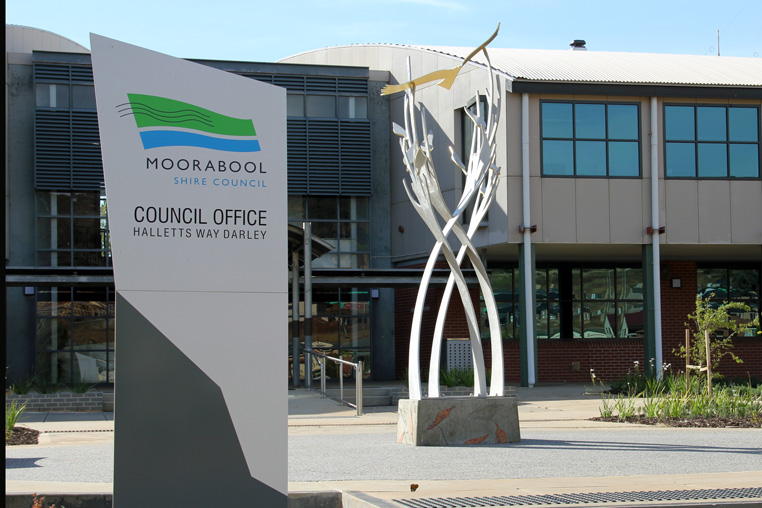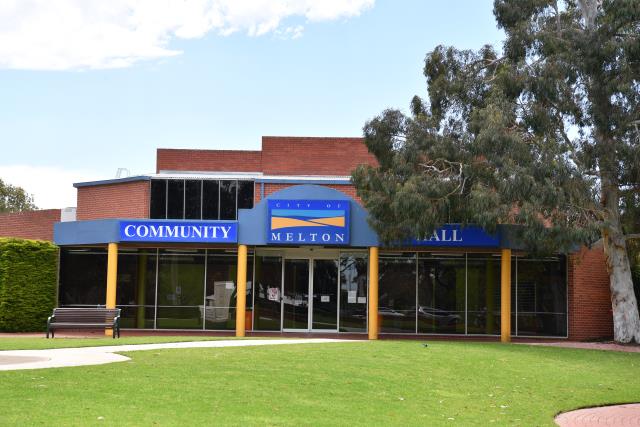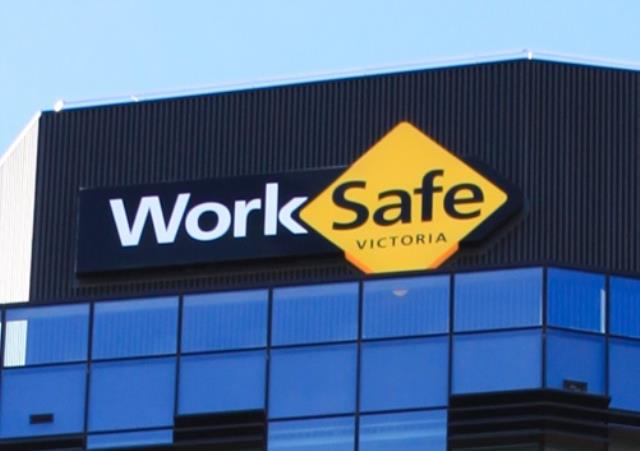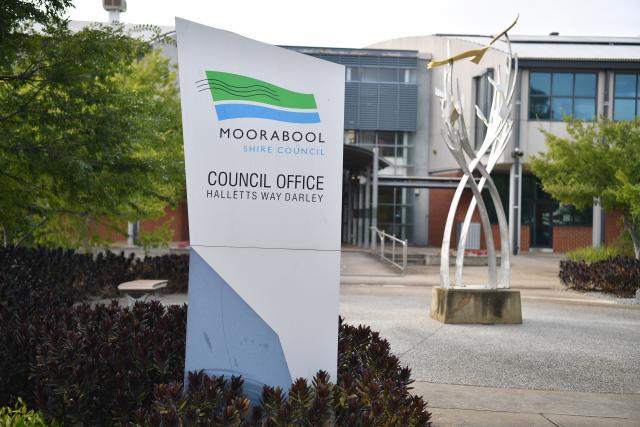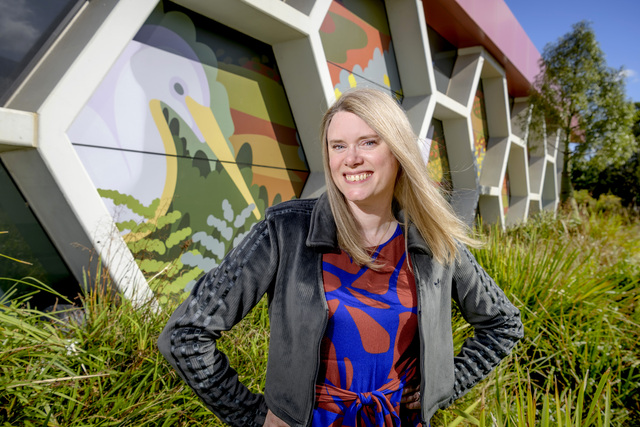About $260,000 worth of new capital expenditure and upgrades in Moorabool can stay on the books following the Essential Services Commission’s [ESC] approval of council’s rate capping exemption request.
The approval means that Moorabool ratepayers are in for a minimum 3.5 percent increase on their rates bill for the next financial year.
Moorabool council given permission to charge one per cent higher than the state-imposed 2.5 per cent Fair-Go rates cap, which will result in additional revenue of $259 032.
This would allow the council, which unveiled its draft 2016-17 budget at the end of April, to double funding for new and upgrade capital expenditure from $400,000 to $800,000.
The council estimated $5.23 million in cumulative losses over the next decade if it adhered to the 2.5 per cent rates cap, whereas this increase would lead to cumulative surpluses of $4.947 million over the same period.
Further exemptions
The council intends to apply for a higher cap for the next three years.
In a decision handed down this morning, the ESC said it was satisfied that the higher cap was consistent with council’s well-developed long-term financial plan to deliver sustainable outcomes in services and critical infrastructure in the long-term interests of its community.
“We find Moorabool council’s application and long-term financial plan to be consistent with the requirements of the Fair Go Rates System,” the decision said.
“Council provided good documentation of the processes in place, [including service reviews, business improvements, shared services] to operate in a cost-effective manner.”
The ESC said the higher cap in 2016-17 was appropriate because Moorabool council’s long-term financial planning demonstrated that it had completed service reviews, community engagement to determine service levels, good asset management and sound financial strategies and practices.
Winners and losers
Moorabool was one of 10 Victorian councils to apply for a rates variation.
The ESC approved rate capping variations for Buloke, Horsham, Pyrenees, Towong and Murrindindi (in part), while Wyndham, Ballarat and Casey’s applications were rejected.
ESC chair Dr Ron Ben-David, said that, in approving the higher caps for the six municipalities, the commission needed to satisfy itself that higher rates were consistent with the long-term interests of their communities.
“We considered each council’s application on its merit,” he said.
“We approved applications where the councils could clearly demonstrate a long-term financial need, supported by well-developed long-term plans.”
The ESC’s decisions emphasise the need for councils to work closely with their communities to develop rigorous long-term plans identifying their service and infrastructure expectations, while taking into account the communities’ preparedness and ability to pay.
“Once councils and their communities have decided what needs to be delivered, we expect councils to manage their costs on a multi-year basis rather than going back to their communities seeking higher rates on a year-by-year basis,” Dr Ben-David said.
The ESC will monitor and report on how councils who applied for higher rates have complied with the spending commitments made in their applications.
“We will be reporting on whether councils spend their money in line with the commitments they gave in their applications. Failure to do so could result in some tough questions,” he said.

